College of Agriculture & Environmental Sciences
Educators examine the impact of land reform on curriculum
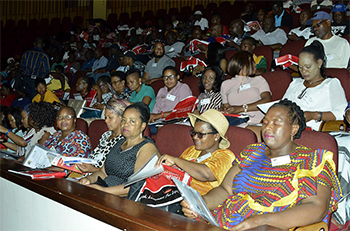
More than 400 delegates attended the conference
On 31 January 2019, Unisa’s College of Agriculture and Environmental Sciences (CAES) and the Association of South African Agricultural Educators (ASAAE) hosted a conference under the theme "Aligning agricultural education with land reform".
The conference’s objective was to create an inclusive environment for agricultural educators by creating an engagement platform that identifies and addresses challenges around teaching, curriculum, further education, research and labour conditions in the basic education sector.
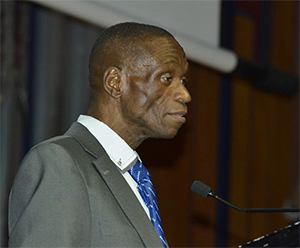
ASAAE President, Dr Fourten Khumalo
Addressing the conference, ASAAE President, Dr Fourten Khumalo, said that it is important to align agricultural education with topical issues in society. "We must develop a curriculum that stimulates learning that speaks to challenges around us," said Khumalo. "This conference seeks to bring awareness in matters in agricultural farming as well as identifying what the role of educators in teaching learners should be."
In her welcome address, Unisa’s Vice-Principal: Research, Postgraduate Studies, Innovation and Commercialisation, Prof Thenjiwe Meyiwa, noted that agriculture is the key driver around South Africans’ daily lives and the economy. "We therefore need to continuously reinvent ourselves, the curriculum and research efforts in order to remain agile and sustainable, even more so now that the debate about land reform is intensifying in our country," she said. "We should be engaging each other on what agriculture should be and what each person should be contributing."
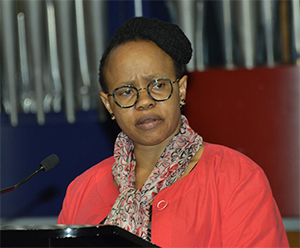
Unisa’s Vice-Principal: Research, Postgraduate Studies, Innovation and Commercialisation, Prof Thenjiwe Meyiwa
Concluding her welcome address, Meyiwa said that the importance of agricultural curricula spreads further than the classroom. "We need agriculture to survive," she said. "If you eat, you need agriculture. If you wear clothes, you need agriculture. If you take medicine, live in a house or drive a car, you need agriculture. We therefore need to ensure that our education is intense and speaks to the challenges we face today. Let us therefore use this platform to engage and address how we can effectively align agricultural education to ensure sustainability for generations to come."
Alluding to Meyiwa’s sentiments, other speakers emphasised that the curriculum needs to equip learners with skills needed to build a resilient agricultural environment. CAES Executive Dean, Prof Maggi Linington, noted that the college strategically intends to create sustainable futures through scholarship that promotes sustainable agriculture, environmental practices and sustainable livelihoods based on the integration of disciplines that balance community, environmental, biological and agricultural needs and resources.
Linington said that the CAES hub at Unisa’s Daveyton Campus is one of the ways in which the college will positively contribute to the sector. "The campus has space to establish food gardens which can be used as demonstration for awareness and training," she said. "Envisaged projects for the hub include household food security, small-scale poultry farming, eco schools and waste management. We would like to engage stakeholders to establish community engagement initiatives and training relevant to and appropriate for community development."
*By Tshimangadzo Mphaphuli, Communications Directorate, Department of Institutional Advancement
Publish date: 2019-02-07 00:00:00.0


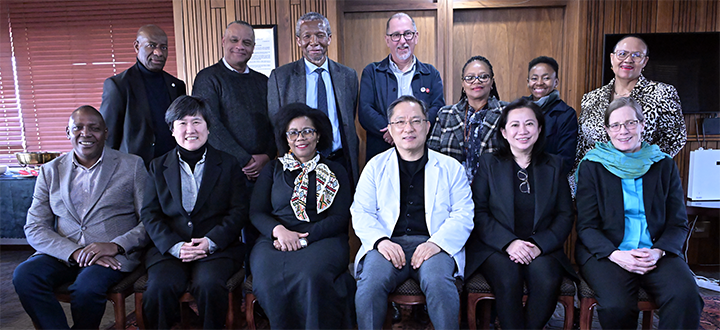 Unisa wins bid to host IAMS General Assembly
Unisa wins bid to host IAMS General Assembly
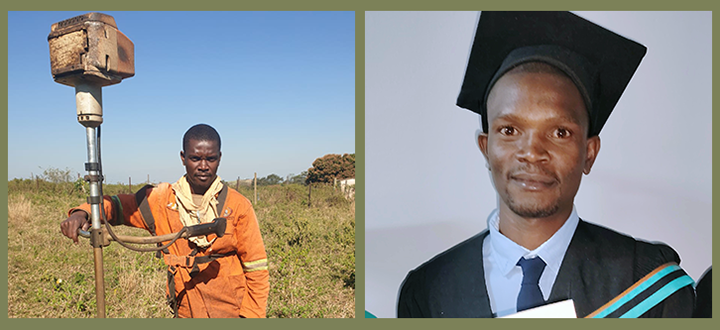 Cutting grass by day, pursuing Unisa studies by night
Cutting grass by day, pursuing Unisa studies by night
 Unisan’s research set to improve accident records management through AI
Unisan’s research set to improve accident records management through AI
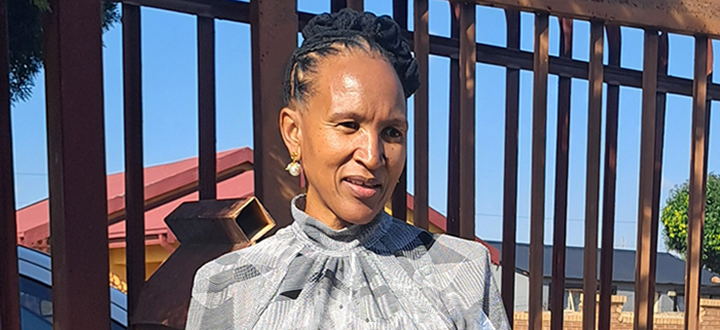 Koma e wetse: When tradition meets the harsh realities of modern livelihoods
Koma e wetse: When tradition meets the harsh realities of modern livelihoods
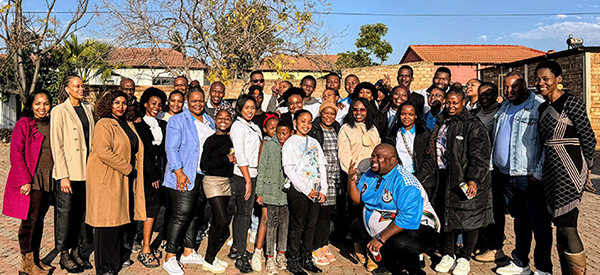 Imbizo inspires youth
Imbizo inspires youth